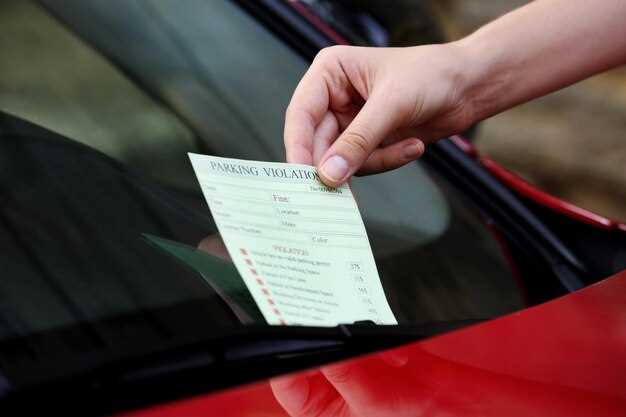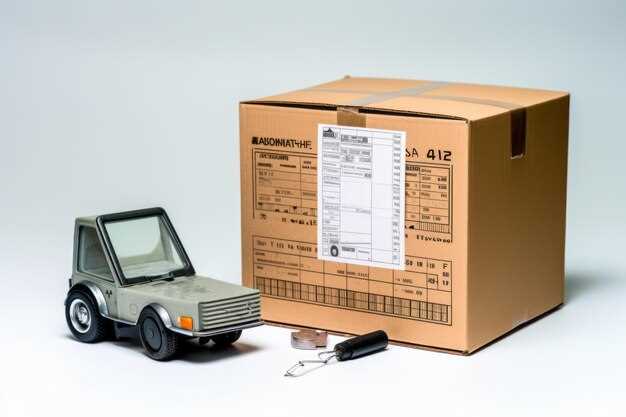
The process of shipping salvage cars involves a complex web of legal regulations that vary significantly by region and jurisdiction. Understanding these regulations is crucial for anyone involved in the transportation of damaged or salvaged vehicles. This article aims to break down the essential shipping requirements that must be adhered to, ensuring compliance with both local and international laws.
Salvage vehicles, often considered a liability by many, require special attention when it comes to shipping. Not only do legal obligations exist regarding the condition and status of the vehicle, but there are also specific rules concerning documentation, insurance, and transport methods. These regulations are in place to protect both the shipper and the recipient, as well as to ensure that all parties involved are aware of the vehicle’s history and potential risks associated with it.
From the crucial paperwork needed to prove ownership and condition to understanding the implications of state laws on salvage titles, navigating the shipping landscape for salvage cars can be daunting. This article will provide a comprehensive overview of these legal aspects, guiding you through the intricacies involved in shipping salvage vehicles safely and lawfully.
Understanding Permits Required for Shipping Salvage Vehicles

When it comes to shipping salvage vehicles, obtaining the necessary permits is crucial to ensure compliance with legal regulations. Salvage vehicles, which are often damaged or deemed a total loss by insurance companies, require specific documentation before they can be transported. Each state may have its own set of legal requirements, which can include a salvage title, bill of sale, and proof of ownership.
One of the primary permits required is the salvage title, which serves as legal proof that the vehicle has been classified as salvage. This title is essential for registering the vehicle in its new location and may need to be presented to the shipping company. In some instances, a special export permit may also be necessary if the vehicle is being shipped outside of the country, ensuring that it meets international shipping regulations.
Additionally, you may encounter laws regarding the transportation of hazardous materials if the vehicle has fluids that could leak during transit. In such cases, it’s vital to verify if any legal documentation regarding the handling of these materials is required. Furthermore, certain states may require an inspection certificate to ensure that the vehicle meets safety standards before it can be transported.
Working with a reputable shipping company familiar with the nuances of salvage vehicle transportation can streamline the process. They can help you navigate the legal landscape, ensuring that all necessary permits and documents are in order. It is advisable to research local regulations thoroughly and consult with legal experts if needed, to avoid potential fines or complications during the shipping process.
Navigating Legal Requirements for Importing Salvage Cars
Importing salvage cars can be a complex process due to various legal requirements that must be met. It is essential to understand these regulations to avoid delays or legal issues. One of the primary considerations involves obtaining the necessary permits. Different countries have specific rules regarding the importation of salvage vehicles, and compliance is mandatory.
Before proceeding with the import, check if you need a import permit. This document may be required to demonstrate that the vehicle meets safety and emissions standards of the destination country. Some jurisdictions may also enforce restrictions based on the vehicle’s condition; therefore, it’s important to confirm the status of the salvage title prior to import.
Additionally, you should be aware of any fees associated with the importation process. These could include duties, taxes, and administrative fees, which can add to the overall cost of acquiring the vehicle. Ensure that you have all required documentation, such as the original title, proof of insurance, and any repair records, as these may be necessary for the permit application.
Once the vehicle has arrived, it is crucial to adhere to local regulations regarding inspection and registration. Some regions may require the salvage car to undergo modifications or repairs to meet road safety standards before it can be legally driven. Failure to comply can result in fines or the inability to register the vehicle.
In summary, navigating the legal requirements for importing salvage cars necessitates careful attention to detail, including obtaining the appropriate permits and adhering to both import regulations and local laws. Thorough research and preparation are key to a smooth import process.
Compliance with Safety and Environmental Standards in Salvage Car Shipping

When shipping salvage cars, adherence to safety and environmental regulations is of utmost importance. These regulations are essential not only for the protection of the environment but also for ensuring the safety of all individuals involved in the shipping process. Various permits may be required depending on the state or country in which the salvage car is being transported.
First and foremost, it is vital to ensure that the vehicle is free from hazardous materials, such as oil or fuel spills, which can pose significant environmental risks during transportation. This often involves proper disposal of fluids and batteries as part of the pre-shipping process. Relevant permits should be obtained to legally dispose of these materials in accordance with local environmental laws.
Additionally, shippers must comply with safety standards that pertain to the structural integrity of the vehicle. This includes securing all movable parts and ensuring that the vehicle does not pose a threat to other road users or transport personnel during transit. Obtaining the necessary permits that certify the vehicle meets these safety standards is crucial before shipping.
Another important aspect involves understanding the regulations established by various regulatory bodies, such as the Environmental Protection Agency (EPA) in the United States. Compliance with these regulations may influence the shipping routes used, as certain areas may have restrictions on the transportation of salvage vehicles to minimize environmental impact.
In summary, compliance with safety and environmental standards in salvage car shipping revolves around obtaining the appropriate permits, ensuring hazardous materials are properly managed, and adhering to established safety protocols. Proper consideration of these factors is essential to facilitate a safe and legal shipping process.
